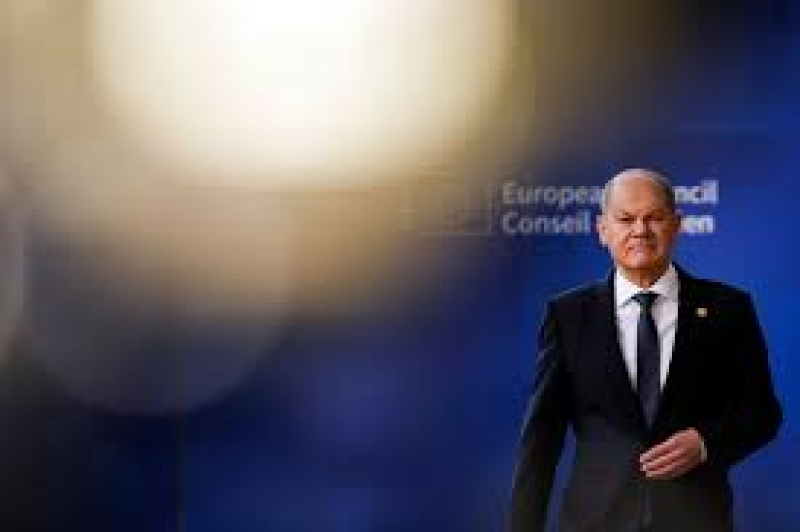- IMF Forecasts Bangladesh GDP to Rebound to 4.7% in FY26 |
- Arab Allies Urge Restraint as Trump Presses Iran Talks |
- EC asks printing presses not to print election posters |
- Protect your votes, conspiracies still on: Tarique to voters |
- US ambassador warns of China's growing manufacturing dominance |
EU Leaders Agree on €50 Billion Ukraine Support Package

European Union leaders agreed unanimously Thursday on a €50 billion ($54 billion) support package for Ukraine, overcoming previous opposition from Hungary.
European Council President Charles Michel celebrated the agreement, saying the EU was taking leadership and responsibility in its support for Ukraine and knows “what is at stake.”
“This locks in steadfast, long-term, predictable funding for Ukraine,” Michel said on X.
Ukrainian President Volodymyr Zelenskyy welcomed the unanimous vote, saying it “proves strong EU unity.”
“Continued EU financial support for Ukraine will strengthen long-term economic and financial stability, which is no less important than military assistance and sanctions pressure on Russia,” Zelenskyy said on X.
Ukrainian Foreign Minister Dmytro Kuleba said Thursday’s approval goes against “any talk about alleged ‘fatigue’ or ‘waning’ support” for Ukraine.
“This is also a clear indication that [Russian President Vlaidimir] Putin's hopes of outlasting Ukraine's and the world's resolve are futile,” Kuleba said.
At the last council summit in December, Hungary vetoed a four-year, $54 billion aid package for Ukraine, arguing the money should not come from the bloc’s budget, as Ukraine is not a member state. All 26 other member states voted in favor of the aid package.
EU financial assistance is vital for Kyiv, said Luigi Scazzieri with the Centre for European Reform.
“That’s essentially budget support that Ukraine needs to stay in the war and to stay solvent. But it doesn’t aim to increase its military capacity. There is a separate budget line for that — that is also being held up by Hungary — and that will be discussed, as well. And that is a 5 billion [euro] top-up to a common fund that the EU has to supply weapons to Ukraine,” he told VOA.
Hungarian Prime Minister Viktor Orban has long been a thorn in the side of EU unity on Russia and has good relations with Russian President Vladimir Putin.
“Hungary has refused to join sanctions [against Russia] at the beginning. Hungary has refused to send weapons to Ukraine. Hungary refused to give Ukraine candidate status for EU membership until it got the return that it wanted,” noted Liana Fix, a fellow for Europe at the Council on Foreign Relations in Washington.
That return included the EU releasing $11 billion of EU funds to Hungary in December that had been frozen over concerns about democratic backsliding in the country. The EU is still withholding a further $24 billion, and Orban will likely demand that some of it is released, according to Fix.
Brussels had threatened to “sabotage” Hungary’s economy unless it drops its veto of the Ukraine aid, according to a report Monday in London’s Financial Times newspaper. Budapest has accused the EU of “blackmail.”

